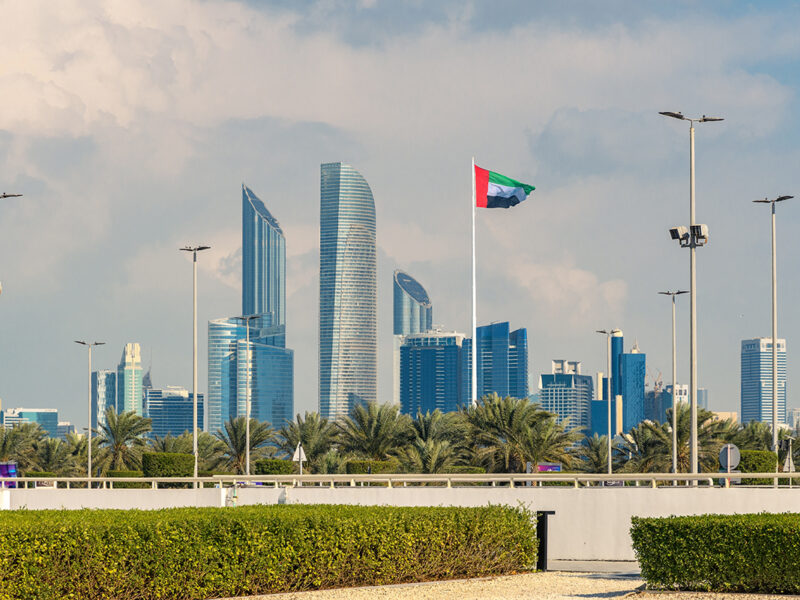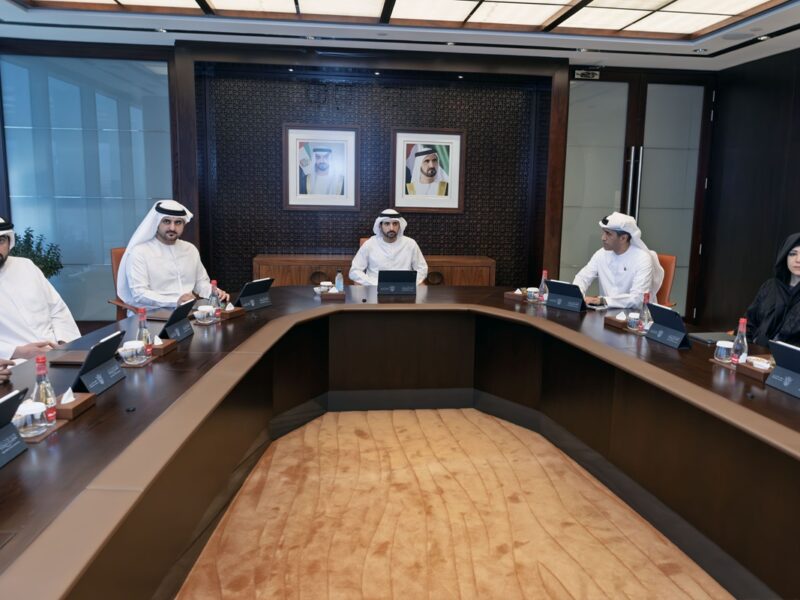The future of global Islamic finance belongs to the “young and the bold” who want to make an impact and create social mobility.
That’s according to Shakeel Adli, partner and global head of Islamic finance at international law firm CMS and one of the leading authorities on the sector in the UK.
Adli has called for the global Islamic finance sector to be “pushed forward”.
“Islamic finance has so much promise but is still in its very early stages,” he said, speaking at a webinar hosted in London by consulting firm EY.
“The sector is still incredible nascent – it’s been around 40 years compared to conventional finance which goes back thousands of years. The sector is still incredibly young and there is a huge amount to do.”
Adli said the British Islamic finance sector is being held back by a lack of standardisation and innovation. “We need to promote standardisation, so that banks can create products within the right parameters, and innovation so that banks can grow and give customers products they want to use.”
 Shakeel Adli, partner and global head of Islamic finance at international law firm CMS
Shakeel Adli, partner and global head of Islamic finance at international law firm CMS
The expert added that Islamic finance products should be competitive in their own right – simply being a faith-based offering is not enough to make a dent in the British market, he said.
“Islamic finance products need to distinguish themselves from conventional finance in new ways, whether it be through exceptional customer service, or being able to secure finance without seeing someone in person, for example. All finance offerings need to be commercially viable to work – being legally or ethically sound isn’t enough,” Adli said.
Ethical boost
According to Areeb Siddiqui, founder and CEO of British Muslim money app Kestrl, the UK’s $19 billion Islamic finance market could be boosted by highlighting the sector’s synergies with the ethical finance industry.
“More than previous generations, Britain’s young Muslims want to know that their money is doing good,” said Siddiqui, adding that young consumers often fail to invest in line with their personal and ethical values due to a lack of product awareness.
 Areeb Siddiqui, founder and CEO of British Muslim money app Kestrl.
Areeb Siddiqui, founder and CEO of British Muslim money app Kestrl.
“There is a general financial illiteracy problem in the UK,” he said. “And there is a severe lack of awareness about the Islamic finance options available.”
Adli said he foresees major growth for Islamic finance product offerings within the ethical finance space. “There is an opportunity to align Islamic finance with the UN Sustainable Development Goals (SDGs). It is incumbent on us to leave this planet in a better place than when we found it… we can do this by building global Islamic financing.”
Growing fintech
Adli added that the UK is home to progressive regulators that are leading the way globally in fintech and Islamic fintech.
Fintech – including Islamic fintech – is a growing industry globally. Britain is now home to 27 Islamic fintechs, followed by Malaysia with 19, the UAE with 15, Indonesia with 13, and Saudi Arabia and the US with nine, according to IFN FinTech.
The UK’s fintech start-up scene has seen an injection of Islamic-focused firms in recent months, which abide by interest-free Sharia laws and avoid ‘unethical’ investments, such as alcohol and gambling.
 Mufti Faraz Adam, CEO at London-based Amanah Advisors.
Mufti Faraz Adam, CEO at London-based Amanah Advisors.
The UK’s large Muslim population has played a major role in helping to establish London as the focal point of Islamic financial services in the west. About 4.5 percent of the British population is Muslim, according to the 2011 census. More than a million of the UK’s 2.8 million Muslims live in London.
According to Mufti Faraz Adam, CEO at London-based Amanah Advisors, Islamic finance seeks to prevent money “being used as a battleground”.
“Islamic finance is there to add value to people’s lives,” he said at the EY webinar. “The future is all about fintech – we are seeing entrepreneurship and huge talent from millennials coming forward, which is enabling choice and lowering barriers of entry,” said Adam.
Gaurav Dhar, a global fintech investor and founder of Dubai-based digital payments firm Marshal, said London has a “huge history” of creating financial products and exporting them globally.
 Gaurav Dhar, a global fintech investor and founder of Dubai-based digital payments firm Marshal.
Gaurav Dhar, a global fintech investor and founder of Dubai-based digital payments firm Marshal.
“This experience has flowed through into the digital age,” Dhar recently told Arabian Business.
The Marshal founder said that a strong fintech dialogue has already begun between the UK and Gulf governments.
“It’s important that this conversation continues. There is a lot of opportunity for the exchange of technology, ideas and learning.
“While the UK has more to offer at this stage in terms of technology, the cross-regional fintech relationship is still in the early stages and will continue to grow organically.”









